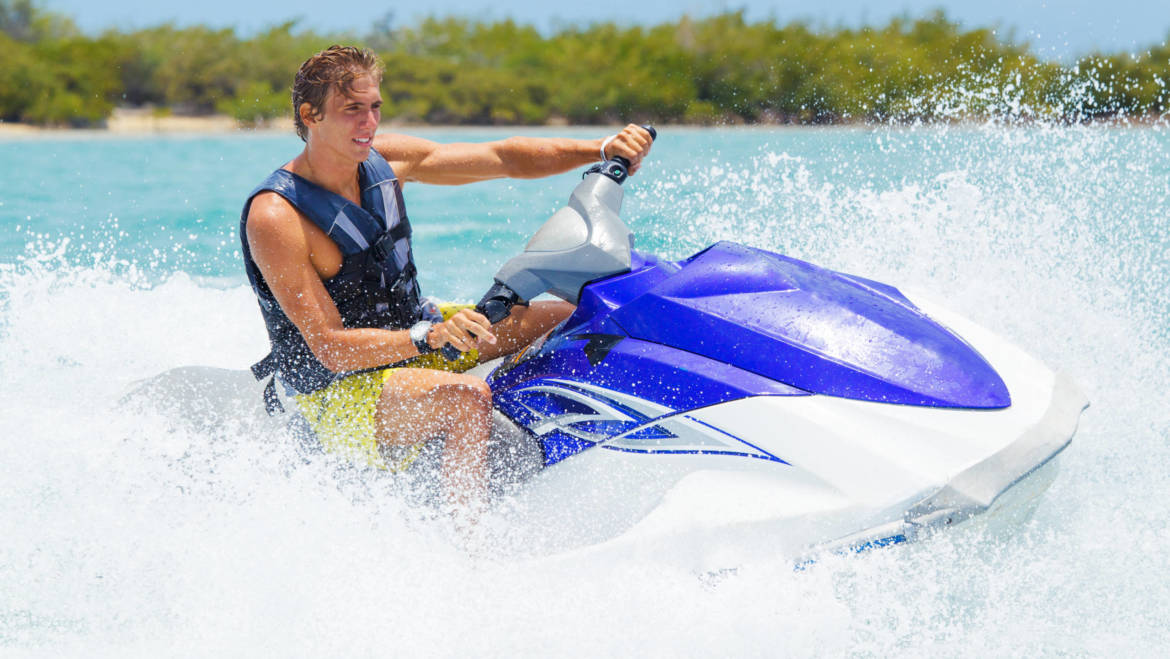Popular waterways are the central hub of personal watercrafts (PWCs). Enthusiasts know that preparation is vital to staying safe on the water and keep safety gear at hand. There is a way to add one more layer of protection, and that’s protecting your personal watercraft with Sea-Doo, WaveRunner or Jet Ski insurance. It’s important to know whether you have adequate insurance coverage for your PWC, especially since your homeowner or auto insurance typically won’t cover them or, if they do, the coverage may be limited.
Here are five factors every consumer should consider when purchasing a personal watercraft insurance policy:
1. Get specific PWC insurance policy
Most PWC policies will cover these three areas:
- Bodily injury
- Property damage
- Medical payments
Typically policies include deductibles for property damage, theft and medical payments. Most policies include liability limits, which vary by state. Liability coverage typically provides financial protection in case you are liable as a result of a covered accident.
2. Each PWC needs to be insured
If you own several PWCs, each one will need to be insured, but may not require its own policy, as some boat insurance policies can be built to cover personal watercraft as well. Check with your agent to review your options.
3. Read your policy carefully
Most PWC policies provide coverage whether you are operating the PWC yourself or you loan it to someone else. Although the facts and circumstances of each case must be evaluated based upon the applicable laws and policy language, in most cases, regardless of who is operating it, you would be covered for the following:
- Damage to another craft or dock
- Bodily injury or death to another person due to your negligence
- The negligence of another driver while using your PWC
- Towed water skiers or wake boarders who become injured while using your craft
- Physical damage to the hull, machinery and equipment
- Injury caused by an uninsured watercraft operator
Because some coverages are optional and must be selected, read your policy carefully to be certain you are getting the coverage you need.
4. Not every policy covers everything
Depending on your insurer, you might not be covered for everything. A PWC that has been modified to enhance speed and performance is typically not covered.
5. Consider coverage extras
Other coverage areas you should obtain more information about include:
- If your policy will cover the replacement cost of personal items lost or damaged while on board
- If your policy will replace the actual cash value of your PWC if it is damaged during use
- Roadside assistance in case your tow vehicle or trailer is damaged or disabled
- If your policy covers costs of raising and removing your PWC if it sinks
Blog Credit to our Partners: Nationwide Insurance

